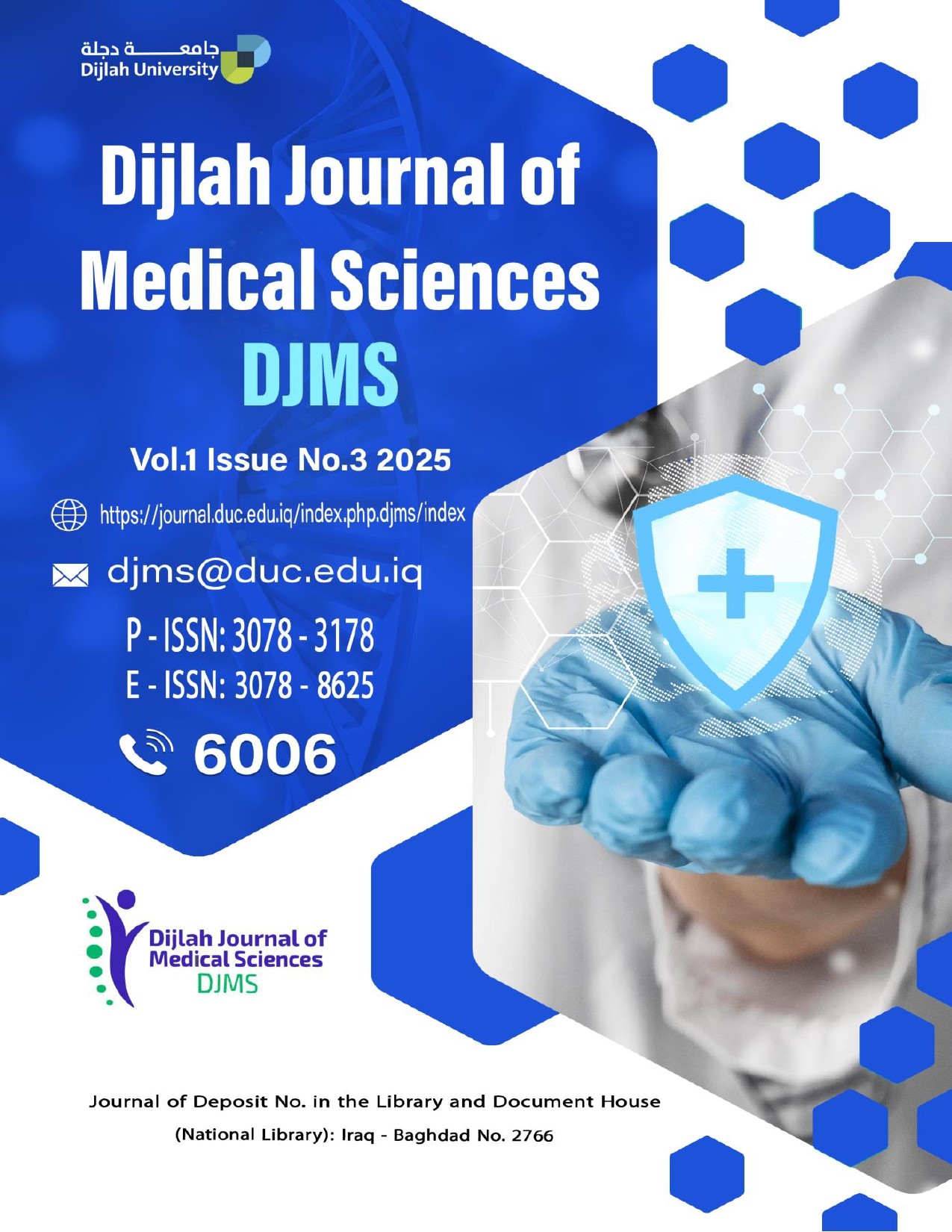pdf Prevalence and Zoonotic Potential of Chlamydia Psittaci in Domestic Pigeons from Baghdad: ELISA and Rapid Test Insights
Dr. Suhail W. Al Sultani, Atheer A. Al Doori and Farah T. Samawi
DOI:
https://doi.org/10.65204/DJMS-PZPCPKeywords:
Chlamydia Psittaci, ELISA, Pigeon, Rapid Test, MOMP AntigenAbstract
Because of their high prevalence and link to respiratory disorders in humans, pigeons are a common host and natural reservoir of Chlamydia psittaci, the etiological agent of avian chlamydiosis, which is regarded as a neglected zoonotic disease and public health concern. This study sought to ascertain the prevalence of C. psittaci as a possible infection source in domestic pigeon (Columba livia domestica) oropharyngeal samples. This bacterium's major outer membrane protein (MOMP), the most prevalent protein in its membrane, has been assessed for use in a number of diagnostic procedures in addition to being a potential vaccine candidate. A total of 150 swab samples from domestic pigeons were collected in Baghdad Iraq, from October 2023 to April 2024. The specific antigen (MOMP) of C. psittaci was detected using both the Rapid Screening Test for Chlamydia (cassette) and the enzyme-linked immunosorbent assay (ELISA). The results showed that out of the 150 samples examined, 60 (40%) tested positive for C. psittaci antigen using the rapid diagnostic test, while 40 (27%) were positive with the ELISA test. Our knowledge of the consequences of these infections for both human and avian health will improve if we can better understand how this bacterium affects avian host fitness and its zoonotic potential.

